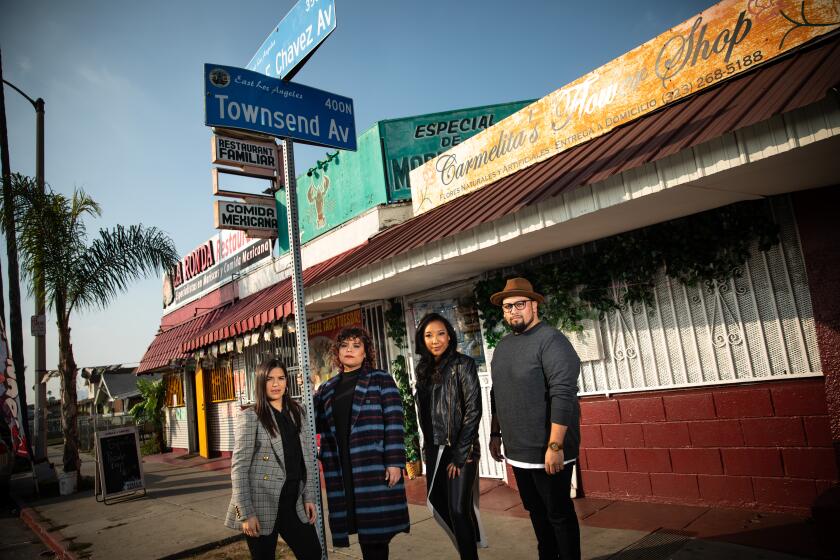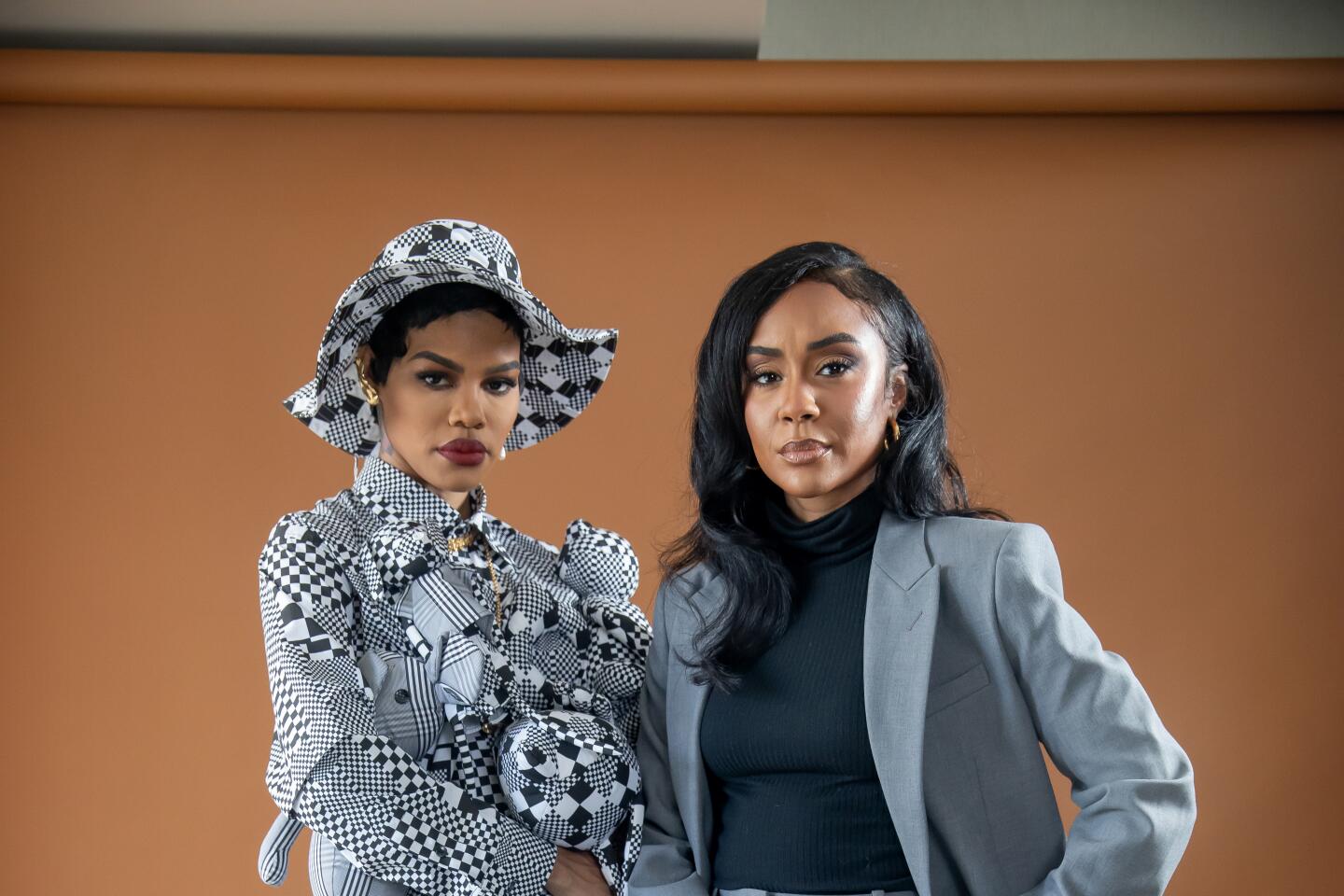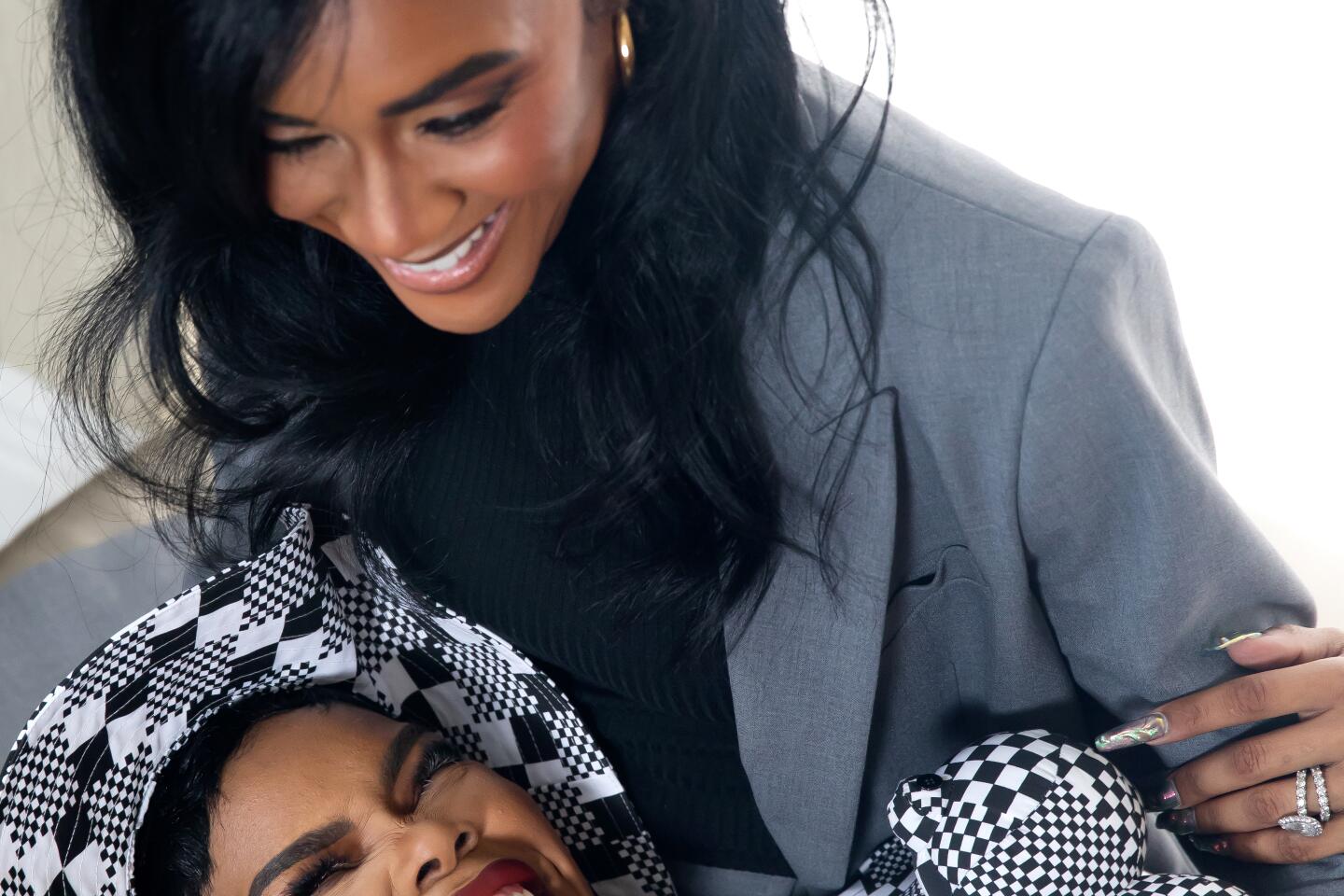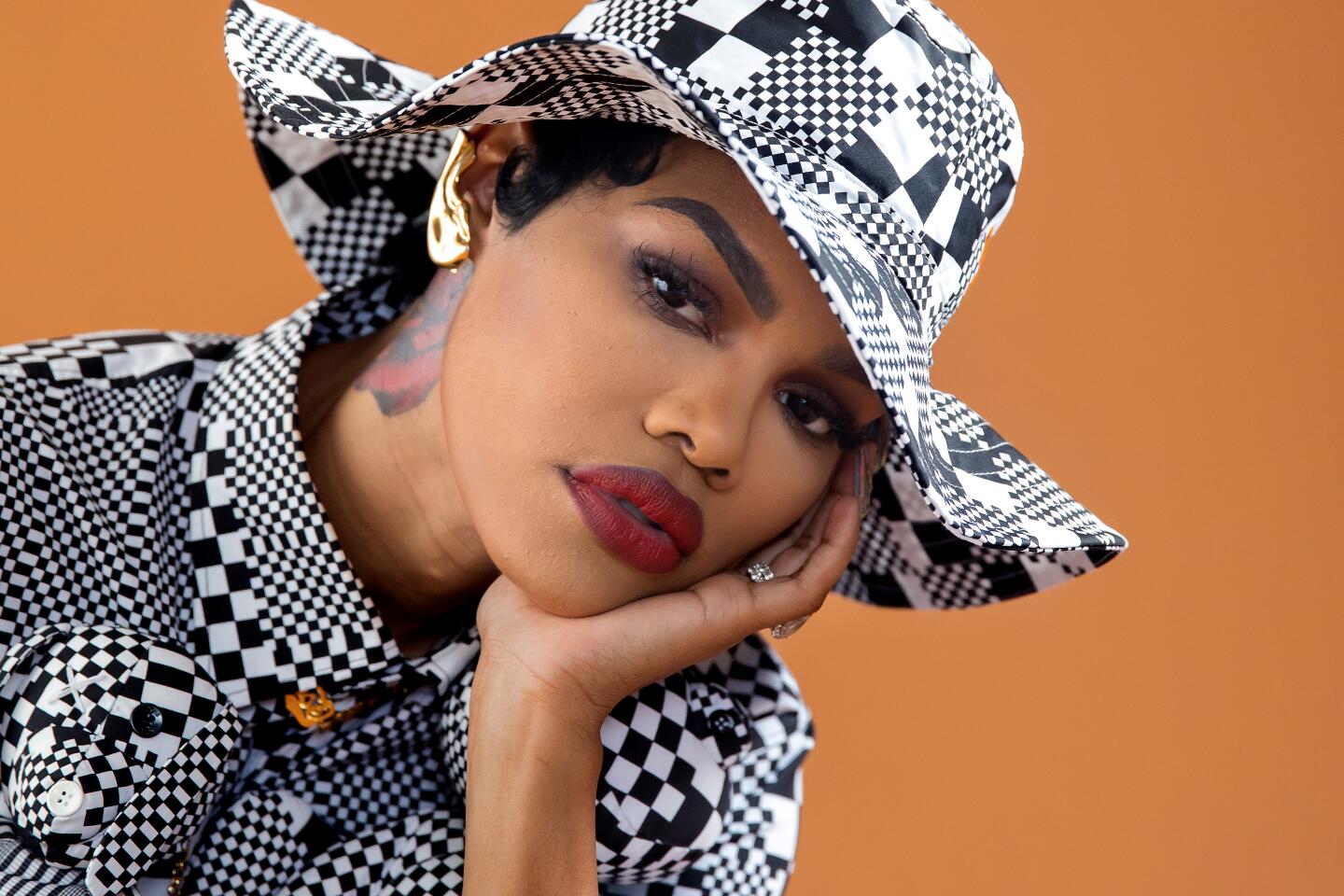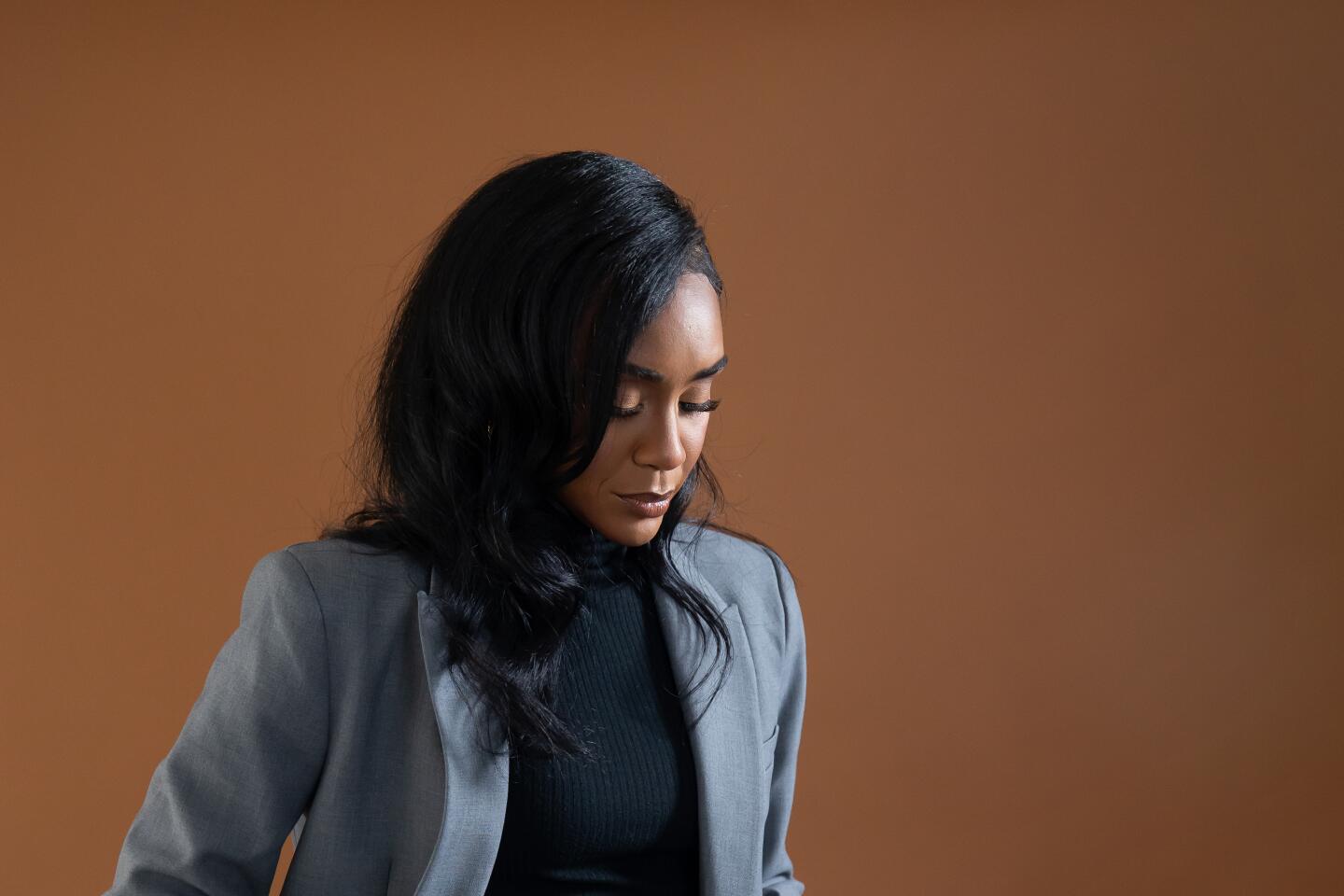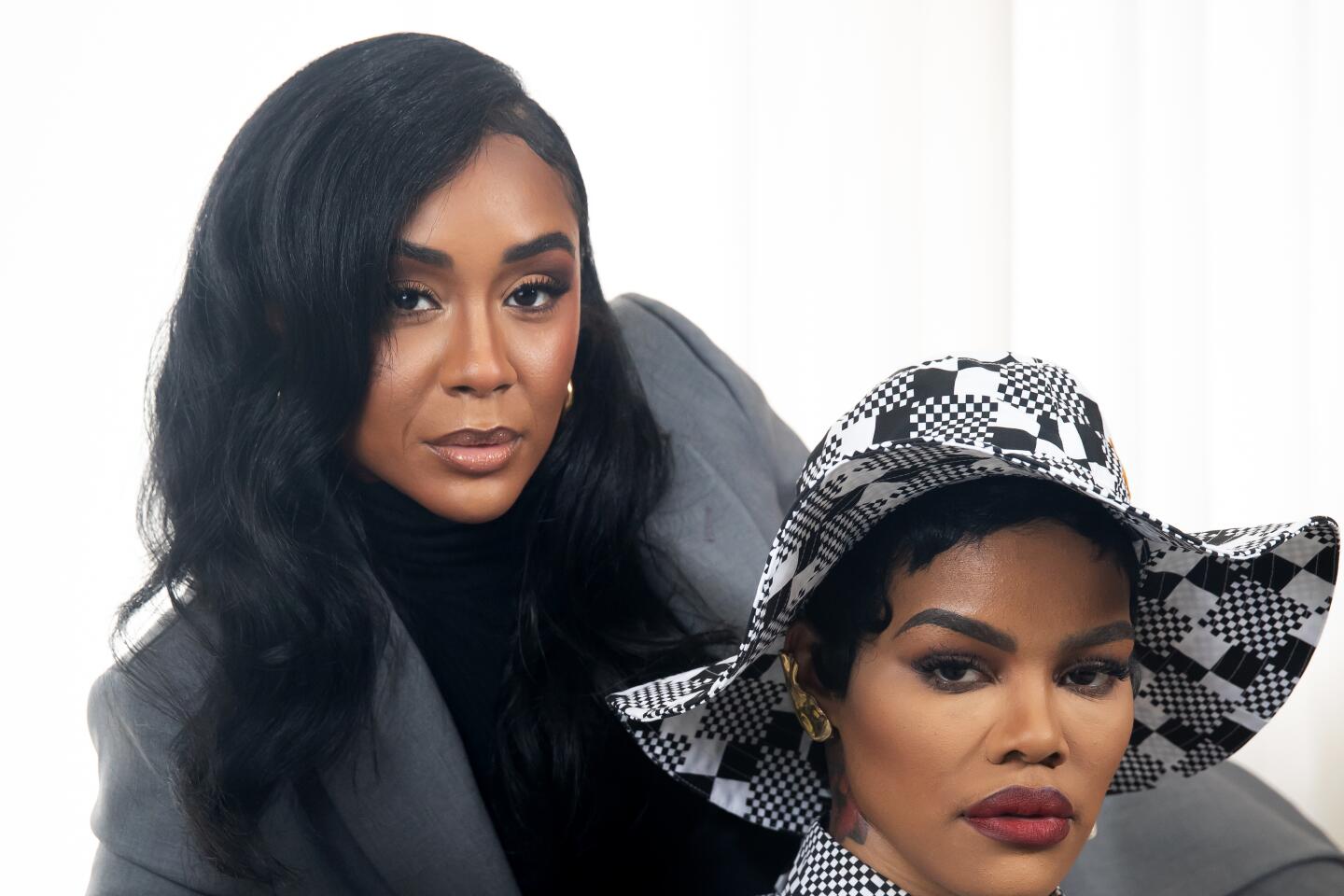Gentrification can suck the ‘vitality’ out of a city. This new film captures how
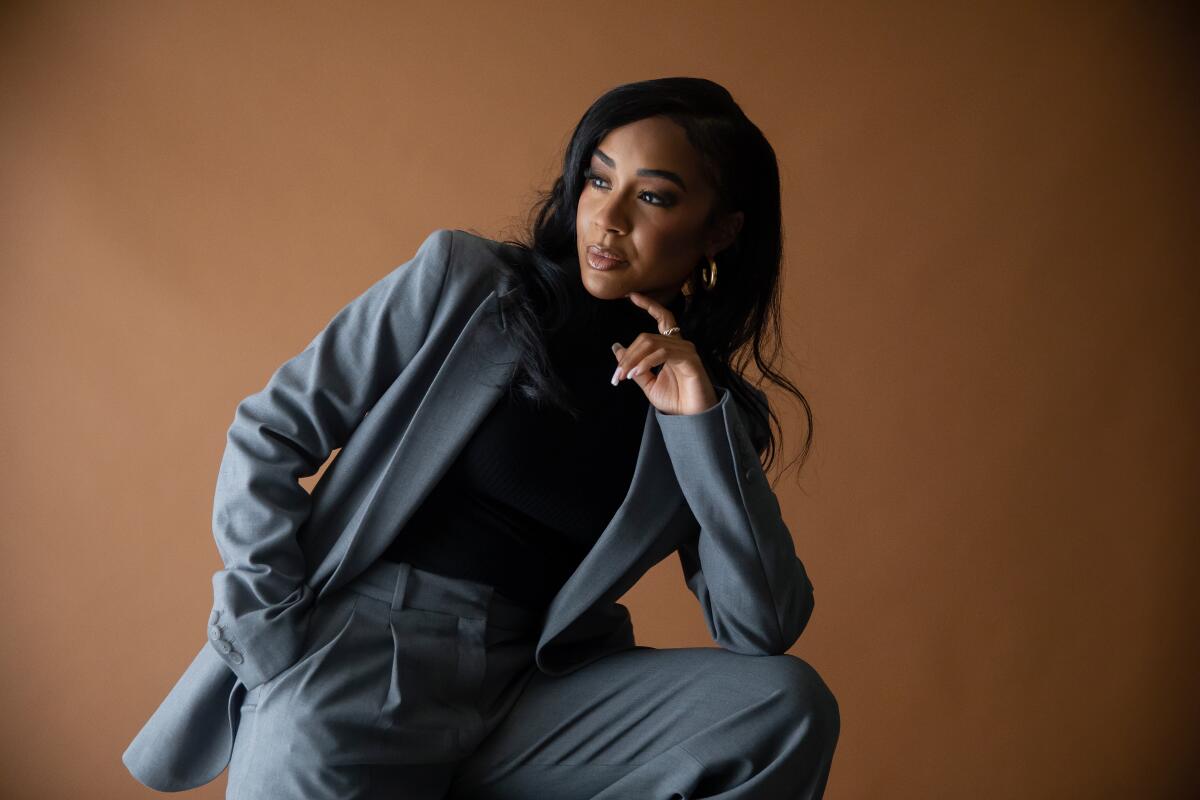
- Share via
New York City, once heralded as the “city of dreams,” where grit alone was enough to make it, is now a place like any other major American city, increasingly made from steel and glass — and also prohibitively expensive. That changing landscape and the dwindling opportunities therein, whether euphemized as “luxury development,” “slum clearance” or “vintage micro-units,” served as a catalyst for filmmaker A.V. Rockwell when writing her feature directorial debut, “A Thousand and One,” in theaters Friday, as a “heartbreak letter” to New York.
“I really wanted to talk about how New York City changed [when it began to] prioritize commerce over its communities and its residents,” she said. “Seeing firsthand the impact of gentrification on the Black communities of New York, it felt like we were getting erased and pushed out of the city altogether.”
“A Thousand and One,” winner of the U.S. dramatic competition grand jury prize at this year’s Sundance Film Festival, stars Teyana Taylor as Inez, a young mother who kidnaps her son from the foster care system. What ensues is a wrenching and claustrophobic portrait of struggle and systemic poverty set in the 1990s and early 2000s.
Netflix’s “Gentefied,” executive produced by America Ferrera, confronts gentrification in Boyle Heights. Can it avoid contributing to the problem?
“The title is a play on words and really talks about the individual versus the group; in this case, New York City,” said Rockwell. “New York is an ever-changing, ever-evolving city, but I’ve seen it lose a lot of its vitality. It became less of a city that was accessible to everyone regardless of their background and a lot more like everywhere else. It’s not really a city where you come to access the American Dream anymore.
“I always saw this movie as bigger than gentrification,” she added. “I’m talking about the way a city changed at the turn of the century. That version of New York that you see: that mom-and-pop, super dense, vibrant, colorful city. ... New York became the mecca under that grid when it was a place that was designed for people to experience. Now we’re changing to a city that is way more gray, way more chain stores. It’s like, is it really worth it? Is it worth it to lose all of these icons that make this a specific place?”
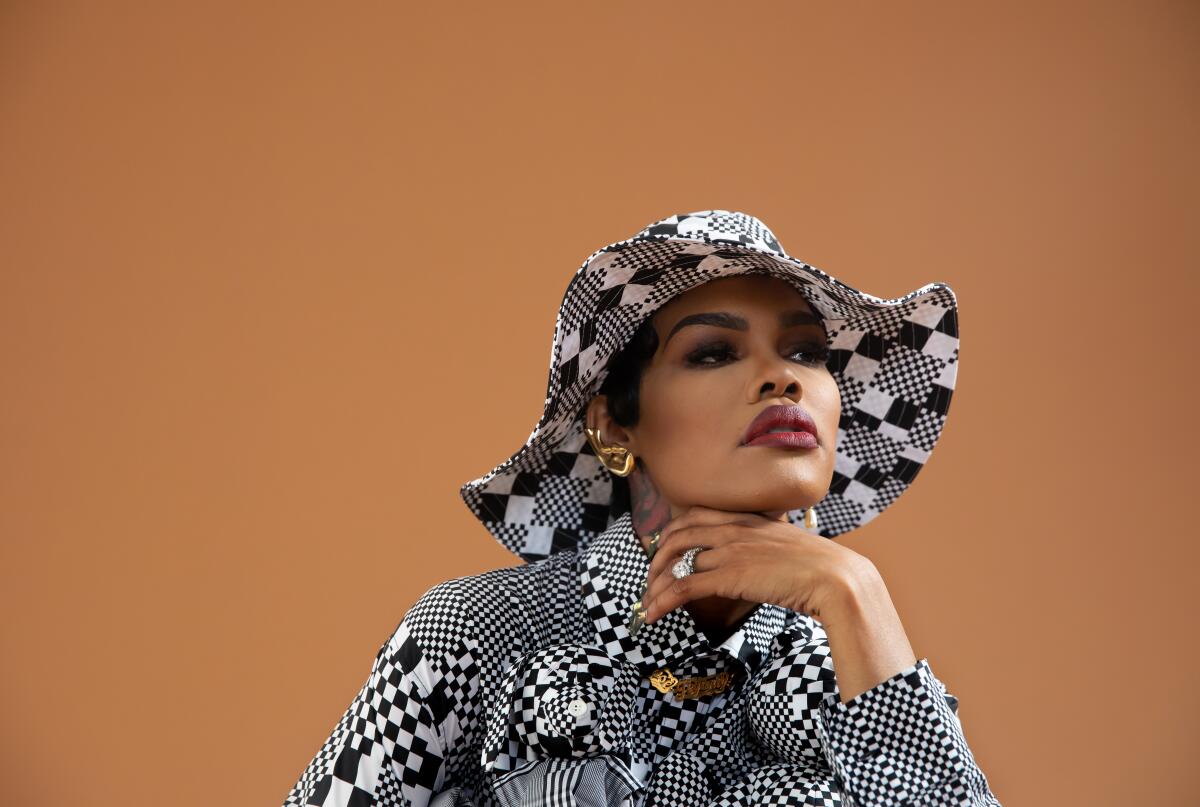
“It’s not accessible [anymore],” agreed Taylor. “They romanticize the ‘new’ New York, but if we’re getting kicked out of it, there ain’t nothing cute about it. Y’all are dressing it up to get us out to put the other people in. There’s nothing beautiful about what’s going on. It’s almost like your childhood is being taken away from you, like history is being erased out of the textbooks.”
Taylor, whom a certain subset of millennials will remember for her splashy debut on MTV’s “My Super Sweet 16” as the precocious princess of Harlem, was a no-brainer for the role of Inez. The multihyphenate’s “raw” audition tape “immediately stood out for me,” Rockwell said.
“I was drawn to the role before I even read the whole script,” said Taylor, who initially was sent only the film’s synopsis and a couple of scenes.
“It was going to be a challenging role for any actress, but I was really looking for a sense of truthfulness,” said Rockwell. “Somebody who I felt [could] know and understand this woman. I also loved the fact that she’s also a mom. She knew how to relate to [Inez] as both a woman and a mother.”
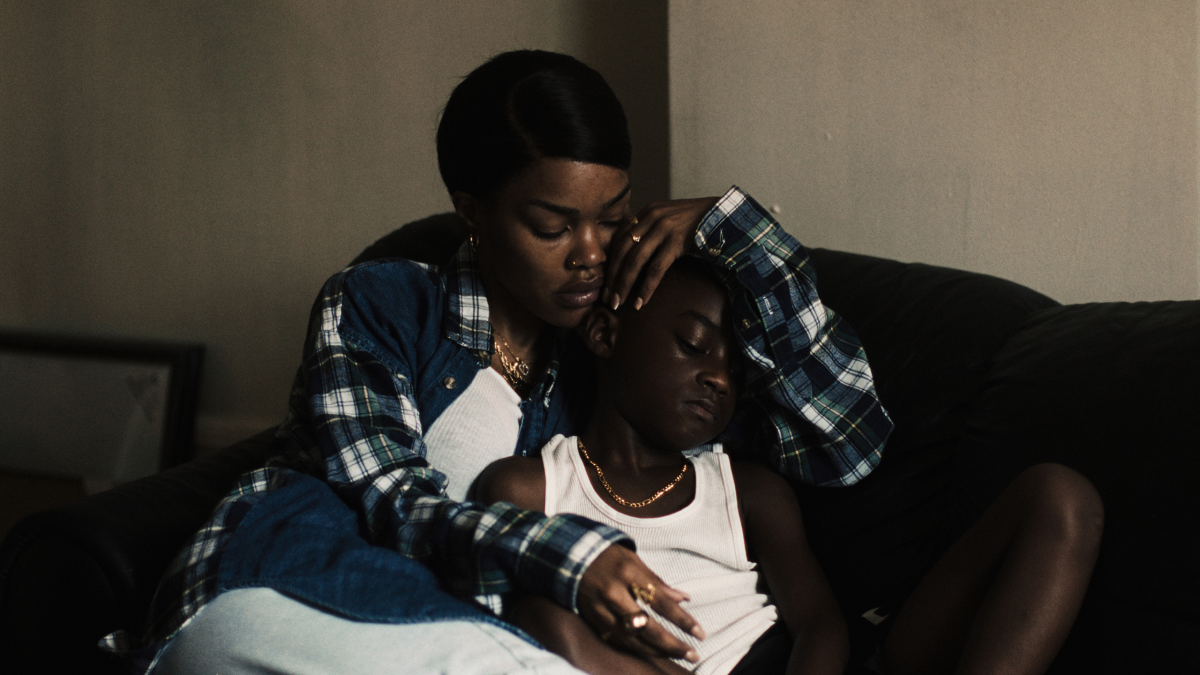
In the tradition of Spike Lee, Martin Scorsese and Woody Allen, Rockwell is a New York filmmaker telling a story about New York. The familiar beats are there, like the authentic accents and lovingly crafted B-roll of the city. But unlike her predecessors, Rockwell has chosen to tap into the Black female perspective, a demographic that is not often reflected or addressed directly in film.
“I haven’t seen our experience as women, especially inner-city women, really recognized in a nuanced way onscreen,” she said. “I wanted to speak to the coming-of-age experiences of inner-city Black women, who I think are often misunderstood or made to feel invisible in society and within our own communities. I really wanted to use Inez’s journey to present the question of, ‘Who is fighting for us, in the midst of us trying to fight for everybody else?’ Throughout her journey you see how much she devotes herself to everyone else, but she’s just never fully enough. That was a really key component for me. Black women really want to feel truly and fully loved and not just needed.
“I really wanted to showcase not only how society relates to us, but how we relate to ourselves and do it with honesty,” she added. That meant imbuing the story with issues endemic to the Black community, particularly colorism. “Even though I think this story has the ability to reflect all women’s stories in certain ways, colorism is very specific to the Black woman’s experience and certainly to my experience growing up in New York.”
“Especially in the early 2000s, that was the era of a certain type of girl that people wanted or that you may have seen in all of the music videos versus the girls that were in the videos in the ’90s,” said Taylor. “So a lot of the emotions I put onto Inez were real emotions from real triggers.”
“There’s also issues of classism within our community,” said Rockwell. “And respectability politics. I hate how that correctiveness comes out when more educated or more privileged Black women turn their noses up at women like Inez in the world. They almost make it seem like they don’t deserve certain experiences in life because of where they come from.”
“‘You’re not worthy of this because you don’t have that,’” said Taylor. “Why do we have to trauma bond? Why do you only feel me because you went through the same thing? How about just feel me because you’re another Black woman and you know that none of us are protected? We’re all still one at the end of the day.”
“Don’t be a mirror of society,” said Rockwell. “Because that’s what society does to Black people in general. Instead of trying to fix the core issues that impact our experience, they choose [to silence us]. We don’t need to be doing that to each other because everybody else is already doing enough of that.”
More to Read
Only good movies
Get the Indie Focus newsletter, Mark Olsen's weekly guide to the world of cinema.
You may occasionally receive promotional content from the Los Angeles Times.
